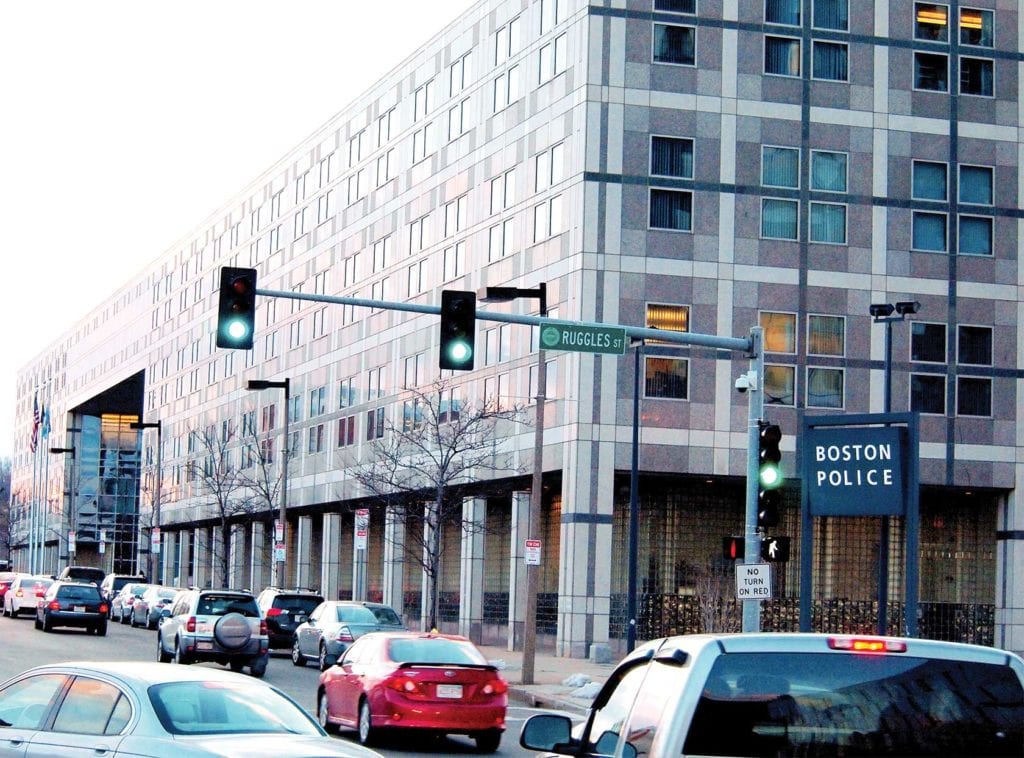
After meetings between the city’s Police Reform Task Force and Boston residents, the group released its initial recommendations to the public Sept. 10, awaiting the mayor’s and City Council’s response. The group is proposing an Office of Police Accountability and Transparency (OPAT) to replace the Community Ombudsman Oversight Panel (CO-OP), with more power in its departments, as well as expanded rules on body cameras, use of force and more.
Mayor Walsh formed the task force in June, and it was expected to submit recommendations by August 14. Their four listening sessions in July resulted in these five proposals: Create OPAT to review and conduct investigations with subpoena power; expand the Boston Police Department’s commitment to diversity and inclusion; expand the body-worn camera program and continue the ban on facial recognition; add clear consequences for use of force; and adopt more transparent data practices.
“Everybody thinks this is a must-do. Everybody knew the civilian review board had to happen,” said Jamarhl Crawford, one of the eight members of the task force. As an activist, he has advocated for a new civilian review board for over 20 years, he said.
The OPAT proposal is comparable to City Councilor Andrea Campbell’s ordinance seeking to replace the CO-OP with a civilian review board. Both want a board with the power to review investigations from the BPD’s Internal Affairs Division and conduct their own investigations as well, with some independence from the mayor’s office and the BPD.
However, the task force wants the OPAT to oversee the civilian review board and a new division called the Internal Affairs Oversight Panel.
Campbell’s board would be appointed by the mayor, city council and community members, would also have subpoena power and would refer some of its work to the police commissioner.
According to the task force proposal, OPAT members would be municipal workers, with some appointed by the mayor, who can only choose from a pool decided by city councilors and the Boston community.
In either case, the mayor would need the city council’s consent to create an entirely new municipal department.
Campbell released a statement thanking the task force for calling for a change in line with her recent work.
“It’s up to all of us to pass the bold, politically-challenging reforms we need to make all Boston residents feel that their police force is working to keep them safe, and to be unafraid to have the tough conversations about why Black and brown residents often do not feel protected by police,” she said.
City Councilor Lydia Edwards suggested that District Attorney Rachel Rollins should be part of the conversation – if a board is going to investigate complaints against officers, those are matters of prosecution.
“We need each other to create additional departments and offices,” Edwards said.
The task force has asked that all its recommendations be adopted without increasing the budget of the BPD, and that they be treated as a baseline rather than the final word on police reform.
“The Task Force had approximately sixty days to research and propose a set of high-level recommendations to the Mayor. This period is not sufficient to draft an exhaustive or highly detailed set of recommendations,” the report reads.
The rest of the recommendations cover a wide span of BPD practices. They call for police promotion to be less reliant on written examinations, one of which has already been ruled discriminatory against Black officers.
The task force also wants all uniformed officers to wear body-worn cameras, and asks the BPD to retain the footage for public access data on field interrogation and observation stops (FIOs). To expand data reporting, they ask that the BPD create a Public Records Unit that regularly reports sensitive officer data to a public dashboard online.
Crawford says it would be in the mayor’s and the BPD commissioner’s best interest to implement the recommendations.
“I don’t think that anybody could have a logical argument against trying to improve the police, and I don’t think that any of them would particularly at this point,” he said.
He added that the mayor has already declared racism a public health emergency, and though these reforms won’t eradicate racism, they are in line with that mandate.






